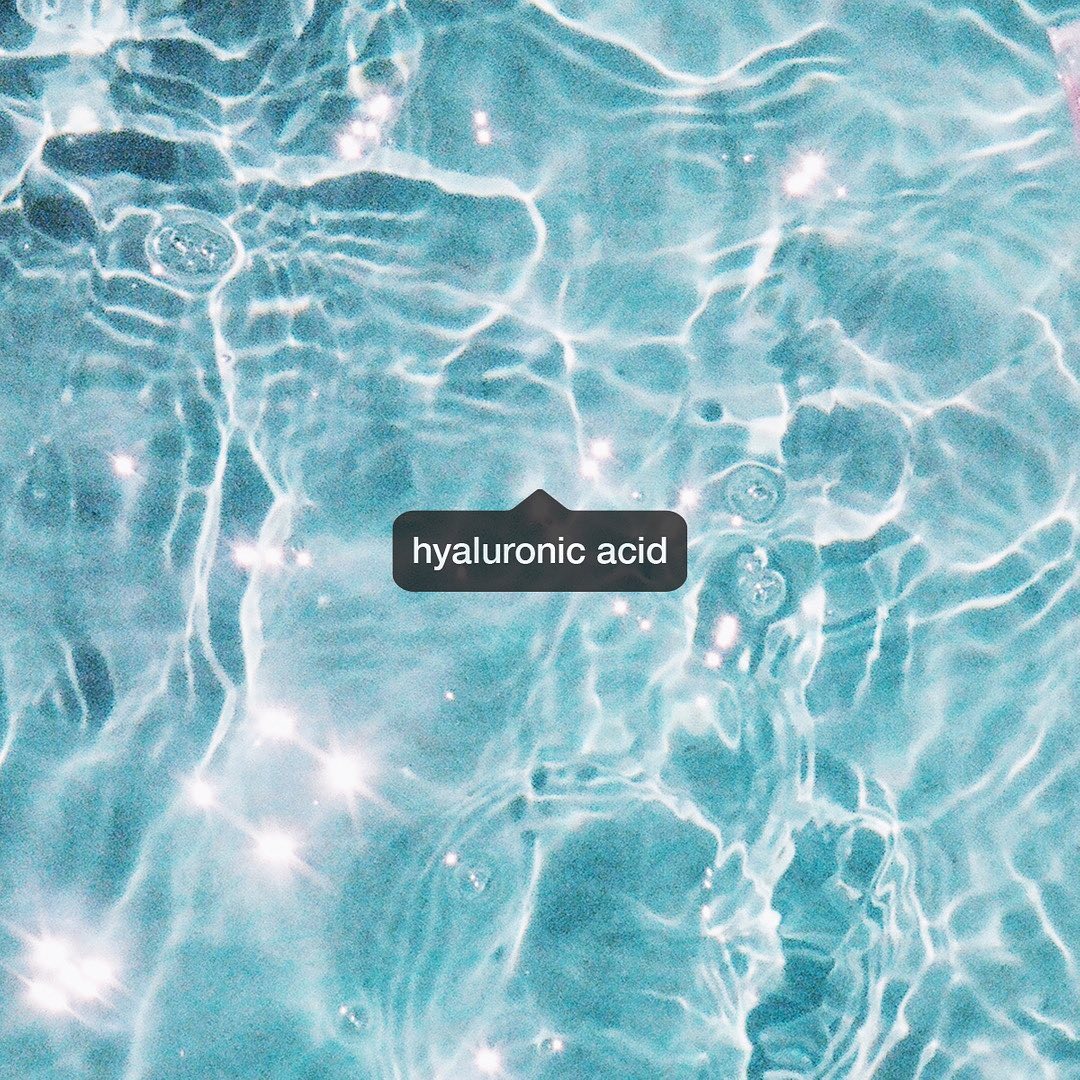Hyaluronic acid has been dubbed a holy grail product by skincare gurus and brands a like for a long time but there is still some confusion over they way it works and whether it will work for all skin types/concerns? Here is some of the key things you should know about HA.

What is Hyaluronic Acid?
It’s a is an anionic, nonsulfated glycosaminoglycan distributed widely throughout connective, epithelial, and neural tissues. This means our body naturally produces it for involvement in hydration, metabolic processes, skin repair, and protection against free radical and UV damage.
Because it is both anionic and a glycosaminoglycan, HA has a very strong affinity for water. Hence, it can attract on hold on to moisture in the skin very efficiently. In fact, just 1 gram of hyaluronic acid can hold onto 6 litres of water! This works for all skin types because HA is so essential for all skin to be able to preserve moisture.
In connective tissue, HA’s main biologic function is to create volume and lubricate the intracellular structures by forming a gelatinous matrix in which collagen and elastin fibers are embedded and held together in proper alignment. A direct correlation exists between the amount of HA in dermal tissue and the content of water in the dermis, and, therefore, the elastoviscous properties of the extracellular matrix. Hence, the use of hyaluronic acid as an important component in keeping the skin looking plump and youthful regardless of the type of skin you have.
How is it used in skincare?
Primarily as a humectant. A humectant is an ingredient put into moisturizers and serums to preserve/maintain moisture levels. It does exactly what it does in the body and that in and of itself is quite an impressive ingredient to be able to add your skincare routine.
Another cheaper but just as popular humectant moisturiser is glycerin. However, glycerin can feel sticky and heavy in comparison. Hyaluronic acid is frequently combined with glycerin to make it feel lighter on the skin.
Hyaluronic acid used in skincare isn’t all the same, it can be categorized into different sizes: high molecular weight hyaluronic acid, which has a larger molecular size, and low molecular weight hyaluronic acid, which is formed by dividing the larger one into smaller fragments.
If you see the name “Sodium hyaluronate” in a product INCI list, this usually indicates the presence of smaller fragments than “hyaluronic acid”, but even within those names there are a range of molecular sizes. The main significance of the different sizes is that smaller molecules are able to penetrate the skin better than larger molecules, which means that low molecular weight hyaluronic acid can hydrate deeper than high molecular weight hyaluronic acid, which holds onto water at the surface of the skin.
Low molecular weight HA as it’s fair share of debate because it is smaller it can act as an inflammatory signal and therefore be harmful. However, this may not be the worst thing as this can help the skin’s ability to repair itself.
Hyaluronic acid can derive from biofermentation, made from bacteria. This is where wheat is fermented with specific bacteria, then purified and precipitated. This process extracts the hyaluronic acid naturally present in the wheat, giving a naturally-derived hyaluronic acid. However, it is worth nothing that it can also come from rooster combs, which contain about 15 times as much hyaluronic acid as human skin. Hence, if you are vegan/vegetarian it’s worth doing some digging to understand where the HA has come from.




Leave a Reply